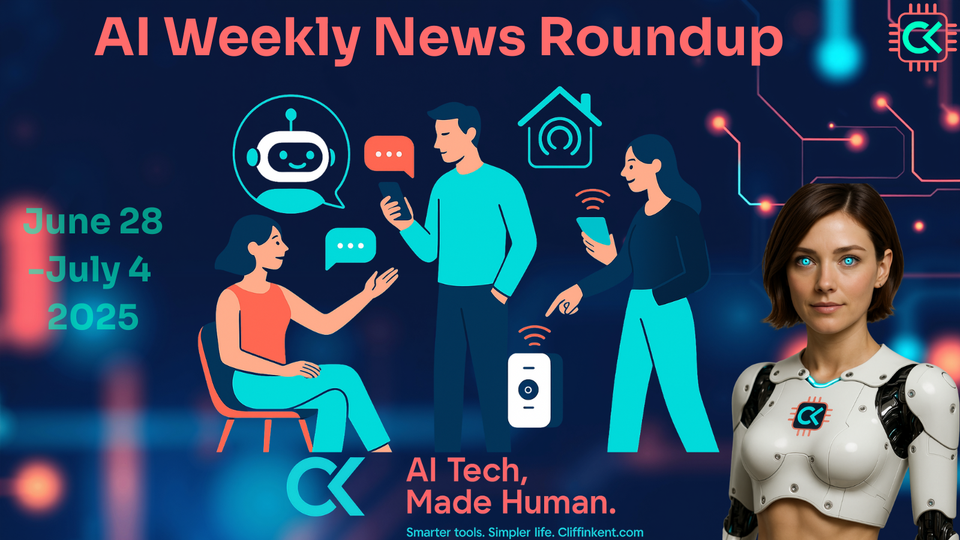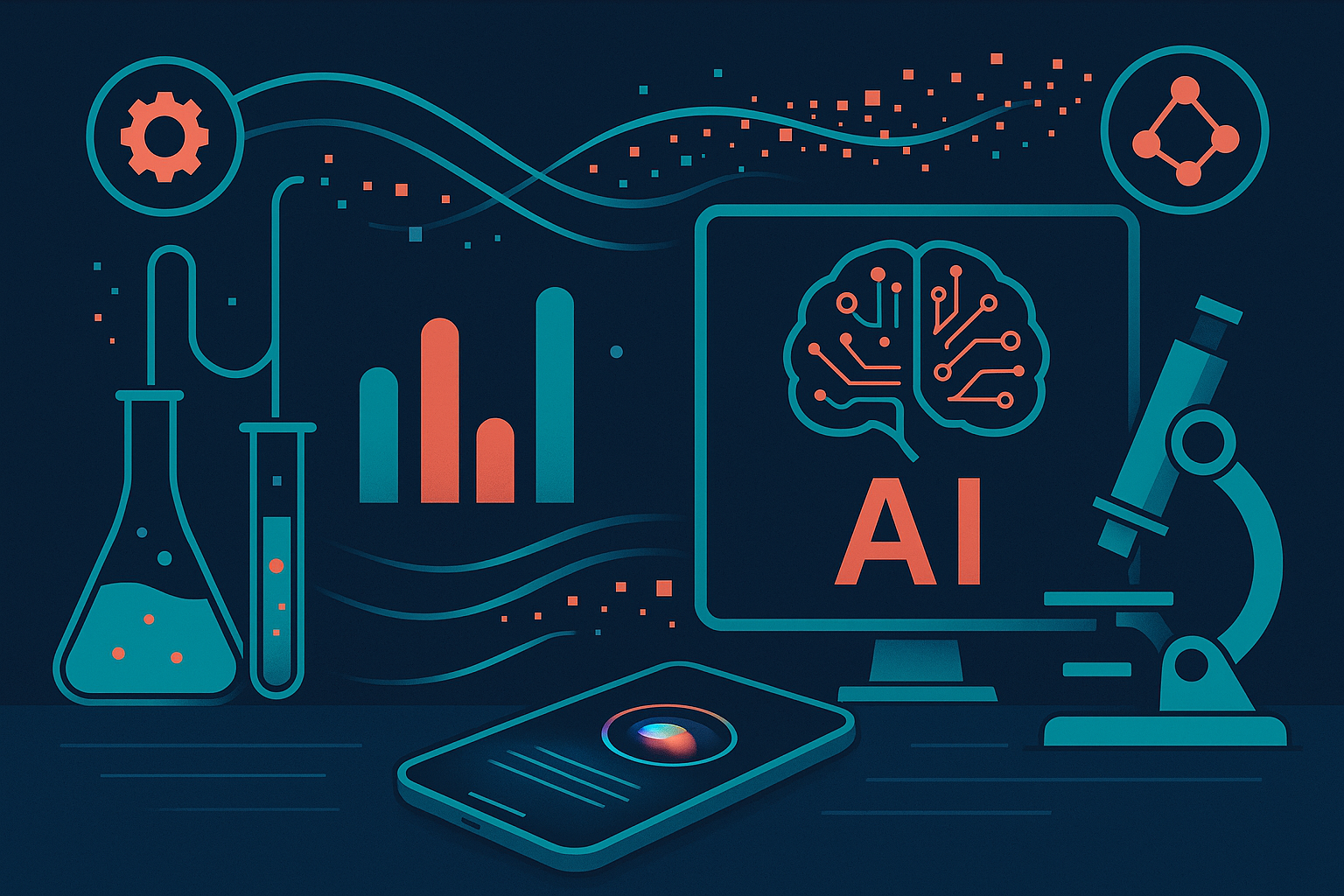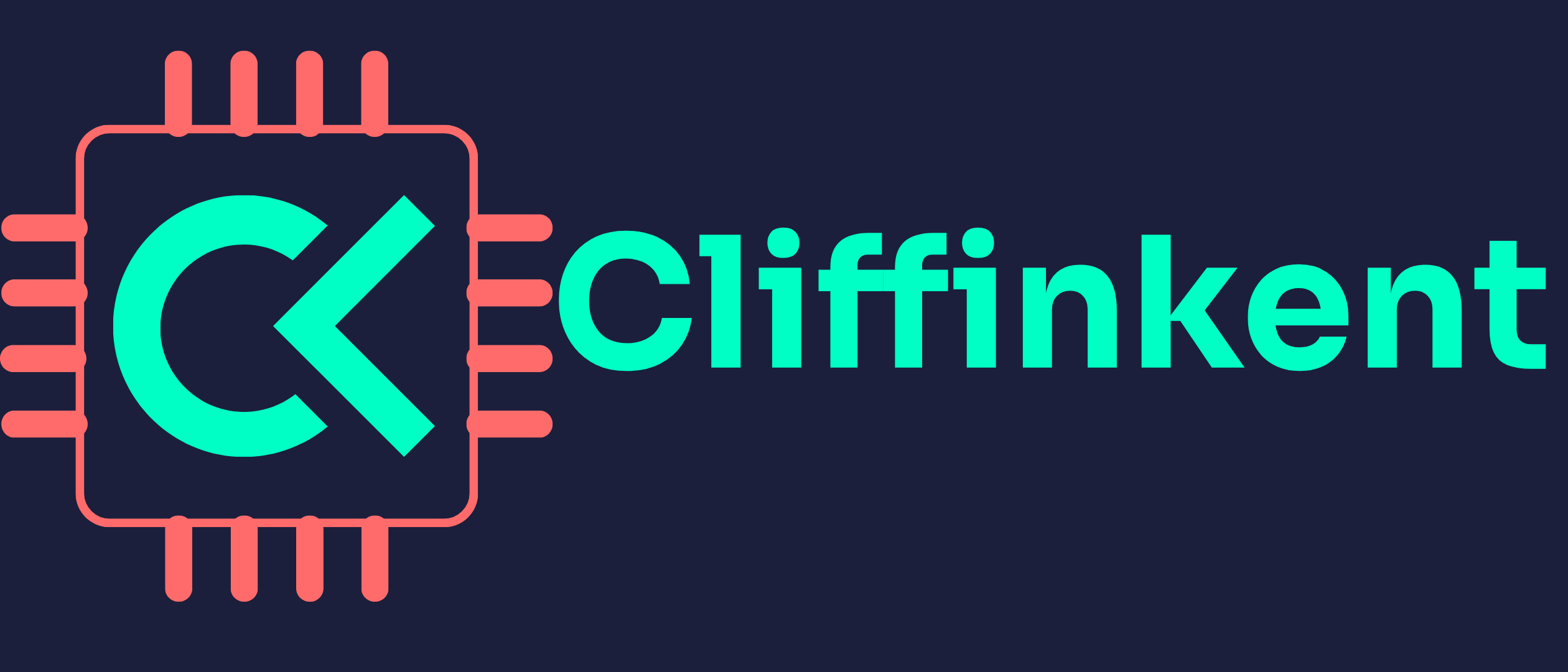Top 10 AI News Items That Affect Everyday People (28 June–4 July 2025)

Artificial intelligence continues to reshape our daily lives, from how we communicate and create to how businesses operate. This week, we've rounded up the most impactful AI stories from around the globe that directly affect everyday individuals and small businesses. Dive into these bite-sized insights to stay informed and ahead of the curve.
U.S. Senate Removes 10-Year Ban on State AI Laws
What happened
The U.S. Senate voted to remove a proposed 10-year federal moratorium preventing states from creating their own AI regulations. This bipartisan decision allows states immediate flexibility to implement AI safety and consumer protection laws.
Why it matters
States can now promptly address local concerns about AI privacy, deepfake scams, and automated bias. Small businesses and everyday consumers benefit from faster, tailored protections without waiting years for federal guidelines. Source

EU Confirms AI Act Timeline and Announces Voluntary Guidelines
What happened
The EU confirmed its comprehensive AI Act will proceed on schedule, rejecting industry requests for delays. Additionally, it announced a voluntary code of practice by late 2025, providing guidance on AI product quality and transparency, especially for general-purpose AI systems.
Why it matters
Businesses must promptly prepare for stringent safety and transparency standards. The voluntary guidelines help small businesses anticipate compliance requirements, providing practical advice on integrating responsible AI practices before mandatory regulations become enforceable. Source
Meta Establishes "Superintelligence" AI Research Lab
What happened
Meta launched a dedicated unit called Meta Superintelligence Labs, hiring top AI researchers to accelerate development of next-generation AI products for augmented reality and enhanced content creation.
Why it matters
This investment could lead to more intuitive social media tools, AR experiences, and creative business solutions, directly impacting small businesses’ marketing strategies and daily user experiences online. Source

Baidu Launches AI Video Creation and Enhanced Search Tools
What happened
Chinese tech giant Baidu introduced MuseSteamer, a tool generating short AI videos from images, alongside enhancements to its search engine to support complex queries via voice and image input.
Why it matters
MuseSteamer simplifies digital marketing content creation, benefiting small businesses and creators. Enhanced search capabilities also improve consumer interactions, making finding products and services easier and more intuitive. Source
Apple Considers AI Upgrades for Siri Using ChatGPT Technology
What happened
Apple is exploring integrating advanced AI technology, similar to ChatGPT, into Siri to enhance its responsiveness and accuracy, following delays in internal AI developments.
Why it matters
Improved AI assistants mean smoother interactions for everyday users. Tasks like managing emails, scheduling, and information retrieval could become significantly faster and more accurate, benefiting both individuals and small businesses. Source

OpenAI Starts Renting Google's AI Chips
What happened
OpenAI began leasing Google Cloud's TPU chips for its ChatGPT infrastructure, diversifying from its reliance on Nvidia hardware.
Why it matters
Using Google's TPUs may reduce operating costs and improve performance for AI services like ChatGPT, potentially leading to stable pricing and better availability for everyday users and small businesses. Source
AI Bots Increasingly Dominate Web Traffic
What happened
Recent analyses highlight a significant shift where AI bots are accessing and indexing web content directly, reducing human-generated traffic to news and content sites.
Why it matters
Content creators and publishers may see reduced ad revenue, potentially leading to more paywalls or subscription models. Users may face fewer freely accessible resources online as businesses adapt to this changing landscape. Source
Microsoft Cuts Workforce Amid Increased AI Investments
What happened
Microsoft announced nearly 4% workforce reductions to manage operational costs amidst heavy investment in AI development and infrastructure.
Why it matters
The layoffs highlight AI's growing centrality in business strategy, affecting job markets and underscoring the need for workforce adaptability as AI integration accelerates in workplaces worldwide. Source
Grammarly Acquires AI Email Productivity Tool Superhuman
What happened
Grammarly agreed to acquire AI-driven email productivity app Superhuman, integrating advanced email drafting and response tools into its productivity suite.
Why it matters
The integration promises to significantly enhance email efficiency for everyday professionals and small businesses, saving substantial daily time previously spent managing communications. Source
Amazon Integrates Generative AI into Alexa for Home Automation
What happened
Amazon announced the integration of advanced generative AI technology into Alexa, significantly enhancing the assistant’s ability to understand context and handle complex home automation commands seamlessly.
Why it matters
For everyday users and small businesses using smart home tech, this integration means significantly improved voice control and interaction, enabling more intuitive, efficient management of home and business environments. Source
🤔 Curious-reader question: Which of these AI advancements are you most excited—or concerned—about in your daily life?
